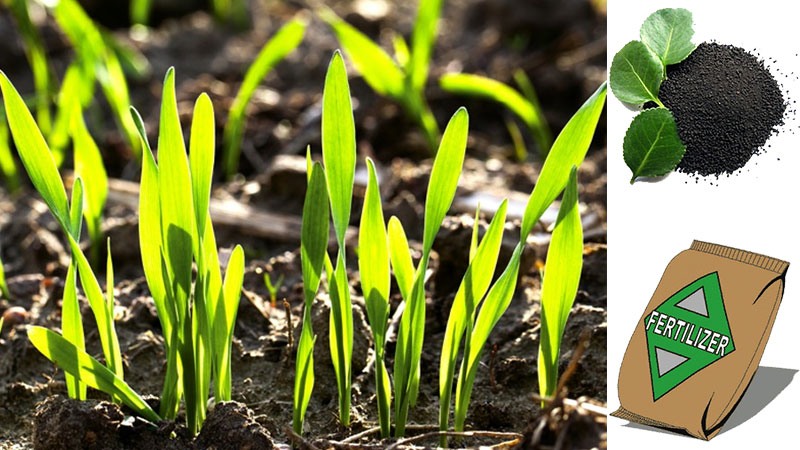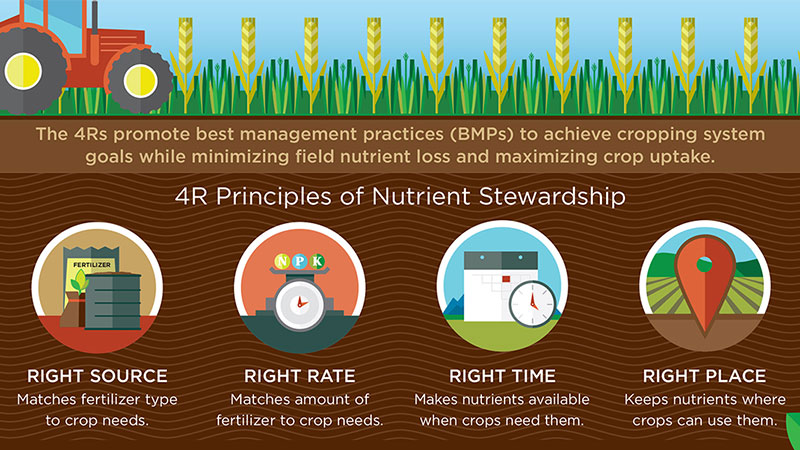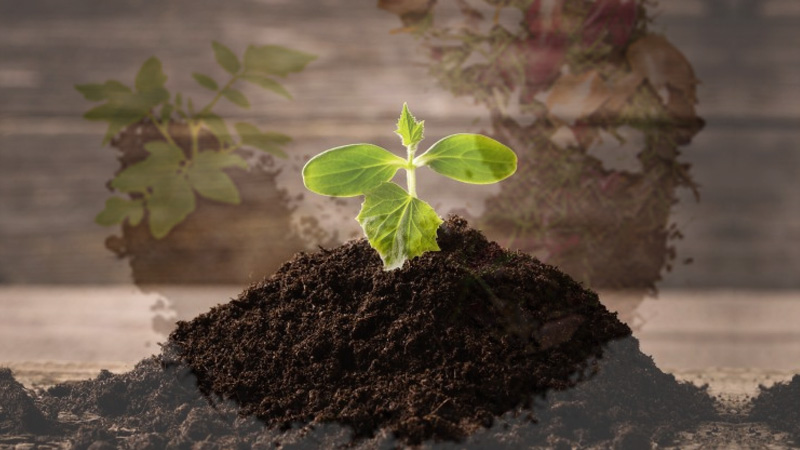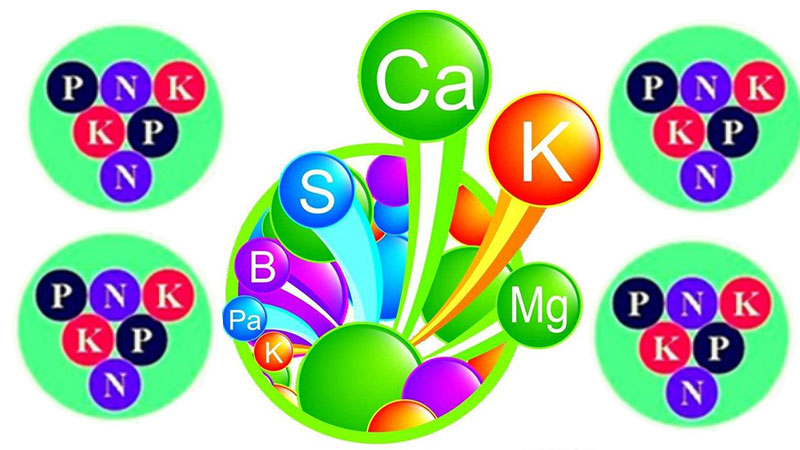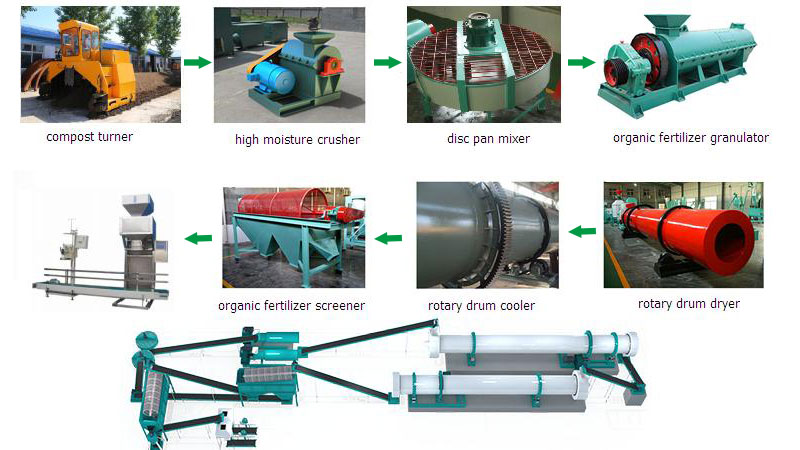1.What is Fertilizer?
A fertilizer is any material of natural or synthetic origin (other than liming materials) that is applied to soils or to plant tissues (usually leaves) to supply one or more plant nutrients essential to the growth of plants. Fertilizer provides nutrients to plant, increase crops yields, improve product quality or improve soil properties. Those that can supply plants nutrients directly are called Direct Fertilizer, such as nitrogen, phosphorus, potassium, trace elements and compound fertilizers. Others which are mainly used to improve soil physical properties, chemical properties and biological properties, thereby improving crop growing conditions, are called Indirect Fertilizer, for example lime, gypsum and bacterial fertilizers.
2.Types of Fertilizer
By chemical composition: organic fertilizer, inorganic fertilizer, semi-organic fertilizer;
By nutrients: straight fertilizer, complex fertilizer;
By effect of fertilizer: slow-release fertilizer, quick acting fertilizer;
By physical condition: solid fertilizer, liquid fertilizer, gas fertilizer;
By chemical property: alkaline fertilizer, acidic fertilizer, neutral fertilizer
3.What is Chemical Fertilizer?
In microcosm, it refers to fertilizers which are manufactured by chemical methods. On a wider, chemical fertilizer refers to all the inorganic fertilizers and slow-release fertilizers in industrial production. So it is superficial to only classify nitrogen fertilizer into chemical fertilizer. Chemical fertilizer is the general name of nitrogen, phosphorus, potassium and compound fertilizer.
4.What is Organic Fertilizer?
Organic fertilizers are fertilizer compounds that contain one or more kinds of organic matter. They are fertilizers derived from animal matter, human excreta or vegetable matter. Naturally occurring organic fertilizers include animal wastes from meat processing, peat, manure, slurry, and guano. The main organic fertilizers are, in ranked order, peat, animal wastes (often from slaughter houses), plant wastes from agriculture, and sewage sludge.
5.Types of Organic Fertilizer
(1)Manure fertilizer: including livestock manure and manure, poultry manure, guano and silkworm sand like.
(2) Compost heap include: compost, compost, straw and biogas fertilizer.
(3) Green manure: including cultivated and wild green manure green manure.
(4) Miscellaneous fertilizers: include peat and humic acid fertilizer, meals category, fertilizer and soil fertilizer and other sea.
6.Difference between Chemical Fertilizer and Organic Fertilizer?
☑ There are lots of organic matter in organic fertilizers, which is significant to improve soil quality. Chemical fertilizers only provide nutrients to crops. Long-term application or inefficient use of chemical fertilizer will have adversely effect on soil and the environment.
☑Organic Fertilizer contains many nutrients, with comprehensive and balanced nutrition. Chemical fertilizers are designated as single nutrient, and long-term application of chemical fertilizer will lead to imbalanced nutrition in soil and foods.
☑ Organic fertilizer has low nutrient content, requiring large amount of application. In contrast, chemical fertilizer is high in nutrition content, less application.
☑ Organic fertilizer has long effect on soil and plants. While the release period of chemical fertilizer is fast. Once used inefficiently, it will cause nutrient loss, polluting the environment.
☑ Organic fertilizer is also called natural fertilizer, without chemical synthetic substances. Long-term application of organic fertilizer can improve the quality of agricultural products. Chemical fertilizer is a pure synthetic substances. Improper administration of chemical fertilizer will reduce the quality of agricultural products.
☑ In the whole organic fertilizer manufacturing process, organic materials are fermented fully. It will improve crops’ ability of anti-drought, disease resistance, insect resistance. Chemical fertilizer reduces plant immunity. After application of chemical fertilizer, it often requires lots of chemical pesticides to maintain crops growth, which will increase the amount of harmful substances in food.
☑Organic fertilizer contains lots of beneficial microorganisms which can promote soil bio-transformation process, helping to continuously improve soil fertility. Application of large quantities of chemical fertilizers inhibit the activity of soil microorganisms, resulting in decrease of the ability of automatically adjustment.
Extension Reading: Elementary Knowledge about Fertilizer (2)

